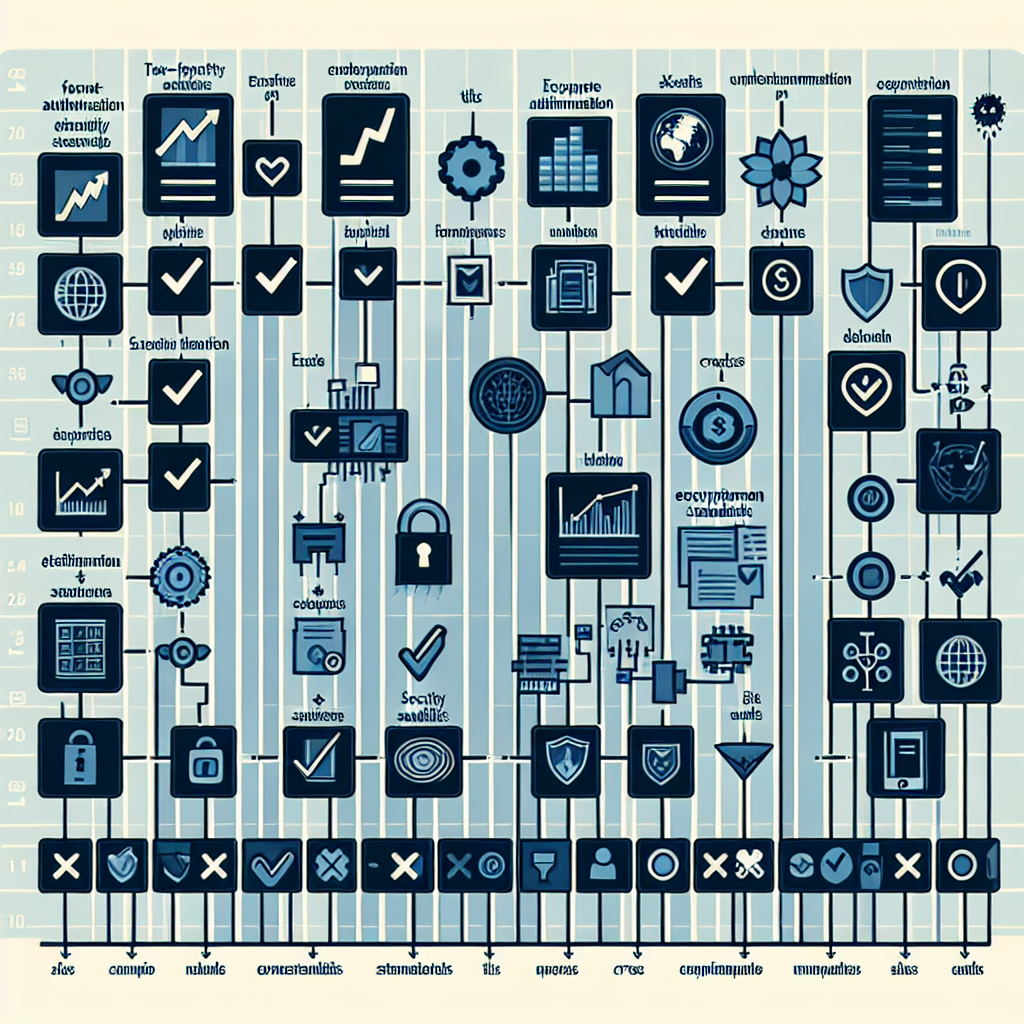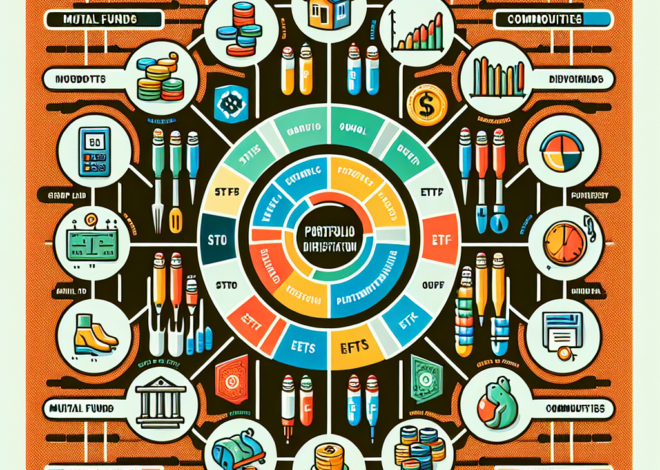
Comparing Security Features of Leading Online Trading Platforms
Introduction
In this digital era, online trading platforms have become the go-to solution for many investors and traders. These platforms offer the convenience of trading from anywhere at any time, with a plethora of tools and resources at your fingertips. However, with the surge in digital trading, security concerns have also risen. Ensuring a secure trading environment is paramount to protect your investments and personal information. In this article, we will compare the security features of various trading platforms.
Understanding Trading Platform Security
Before delving into the comparison, it is essential to understand what trading platform security entails. The security of a trading platform is determined by various factors such as data encryption, two-factor authentication, regulatory compliance, and the platform’s ability to detect and prevent potential threats.
Data Encryption
Data encryption is the process of converting data into a code to prevent unauthorized access. Secure Sockets Layer (SSL) and Transport Layer Security (TLS) are common encryption protocols used by trading platforms.
Two-Factor Authentication
Two-factor authentication (2FA) is a security measure that requires users to provide two different types of identification to access their accounts. This usually involves something the user knows (like a password) and something the user has (like a mobile device to receive a verification code).
Regulatory Compliance
Regulatory compliance refers to a platform’s adherence to laws, regulations, guidelines, and specifications relevant to its business. In terms of trading platforms, this often involves regulations surrounding financial transactions and user data protection.
Detection and Prevention of Threats
A secure trading platform should have robust systems in place to detect and prevent potential security threats. This includes regular security audits, intrusion detection systems, and firewalls.
Comparison of Trading Platform Security
Now that we understand what constitutes trading platform security, let’s compare the security features of some popular trading platforms.
E*TRADE
E*TRADE provides a high level of security for its users. The platform uses encryption technology to protect data and employs 2FA for additional security. E*TRADE is also a member of the Securities Investor Protection Corporation (SIPC), offering account protection up to $500,000.
TD Ameritrade
TD Ameritrade offers robust security features, including 256-bit SSL encryption, 2FA, and biometric authentication. The platform is also a member of the SIPC, providing its users with account protection.
Robinhood
Robinhood uses state-of-the-art security measures to protect user data and funds. These include encryption, 2FA, and custom-built internal systems designed to detect and prevent unauthorized access. Robinhood is also a member of the SIPC, providing an additional layer of account protection.
Interactive Brokers
Interactive Brokers offers a secure trading environment with 256-bit SSL encryption, 2FA, and a Secure Login System (SLS) for an extra layer of security. The platform is also a member of the SIPC, ensuring account protection.
Conclusion
In conclusion, while all these platforms offer robust security measures, it’s crucial to remember that no system is entirely foolproof. Therefore, traders should also take personal measures to protect their accounts, such as using strong passwords, enabling 2FA, and regularly monitoring their accounts for any suspicious activity. Regardless of the trading platform you choose, ensuring it has comprehensive security measures in place is crucial to safeguard your investments and personal information.


